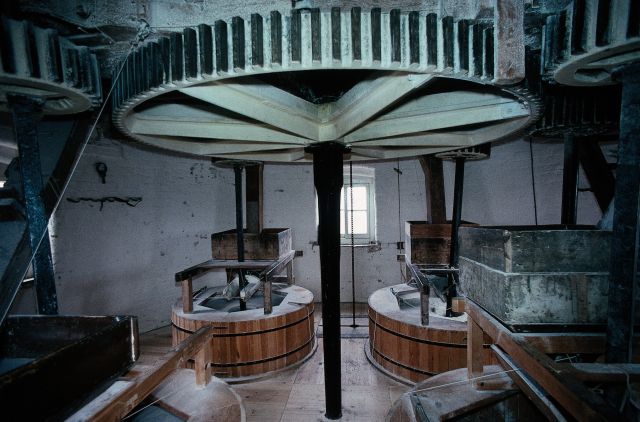Yesterday morning I got from Finland the sad news that my former boss, professor Juhani Kirjonen - Jussi, as we used call him - had passed away. It so happened that his life span came to end just one month before Finland celebrates the 100th anniversary of its independence. To me, there is another striking coincidence with the news of Jussi. At the end of October I had just written out my memories of the period that I had worked together with Jussi at the University of Tampere in the years 1986-1987.
At that time Jussi took the initiative to develop a post-graduate Master programme with focus on 'Work Sciences' (interdisciplinary consortium for research on working life). This was an interesting pilot initiative to engage researchers into cooperation with practitioners - HRD professionals, Health and Safety professionals, Training professionals. The aim was to get the participants shape developmental projects with conceptual and methodological support. Jussi, who had a long track record in interdisciplinary research on health and safety issues in working life, was convinced that the time was ripe for such a novelty - at that time there were hardly any postgraduate Master programmes in Finland (except the worldwide spread MBA programmes).
Jussi had got funding for a planning project from the Ministry of Education and the rector of the University of Tampere had set up an interdisciplinary planning committee consisting of researchers from different faculties and of external experts from the competent bodies for Health and Safety. In the year 1986, just after graduating as an MA from educational and social sciences, I started as the curriculum planner for this initiative. That period - one and a half year - was quite an adventure for both of us. We didn't take this just as a 'local' curriculum initiative but as an intellectual mobilisation to get a better institutional backing for research on working life. From this point of view I was exploring also international models and made a lot of use of the German innovation programme "Humanisation of Work" of the late 1970s and early 1980s. Also I provided information on the German debates on integrative approaches to 'work sciences' (Fürstenberg: Konzeption integrativer Arbeitswissenschaft) and on the efforts to bring conflicting views from ergonomy vs. work psychology together. This work with literature was important for my further career development.
Alongside the planning work Jussi and I had several contacts with other interested researchers and with Social Partners. Also, after we had submitted the final report, we got involved in the discussion on launching a special research unit for research on working life. In that phase the initiative to set up a postgraduate Master programme got sidelined. Instead, the idea of a new interdisciplinary "Work Research Centre" got wide support and a this new centre was set up in record time bypassing all other earlier priorities of the university. However, in this final phase other researchers got the lead and Jussi retreated and took other duties. For me the new centre provided new opportunities to work in the research field "education and working life" and to create new international contacts - firstly in the joint initiatives of the Nordic countries (Denmark, Finland, Iceland, Norway, Sweden) and then with German research institutes - in particular with ITB. And this then brought me deeper to European cooperation in the field of vocational education end training (VET). And from 1994 on I worked several years in Cedefop (the European Centre for the Development of Vocational Training).
- - -
Looking back, I could not have dreamed of making such career steps without the pioneering work with the curriculum planning initiative with Jussi. Also, during that period I enjoyed his strong support. Surely - there were also periods when we were not quite on the same page. But, what was more important, we got over those periods and we were happy to conclude our work with a good spirit. And, although the launch of the Work Research Centre was not a direct follow-up of our initiative, something of the good spirit was taken over during the 'golden' pioneering years. Therefore, I feel the loss of my former supervisor, but at the same time I am thankful for having experienced that interesting period of work with him.
Jussin muistoa kunnioittaen









What a lovely way to remember and honour your former colleague and insightful collaborator. I am so pleased to learn about your experience – and the whole narrative you have put together makes a difference to me. It opens up a new window to those old days at Tampere. Warm Thanks Pekka.